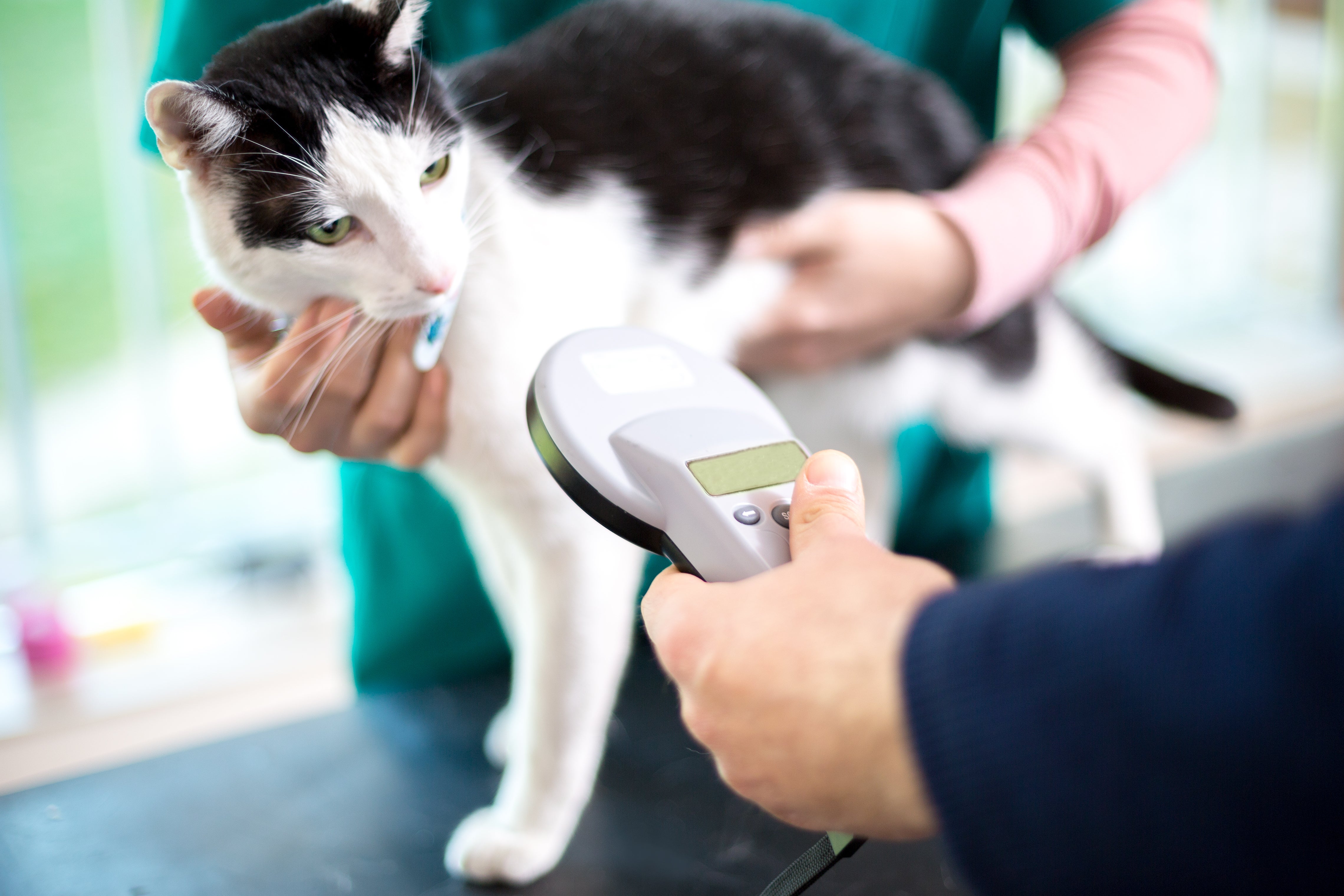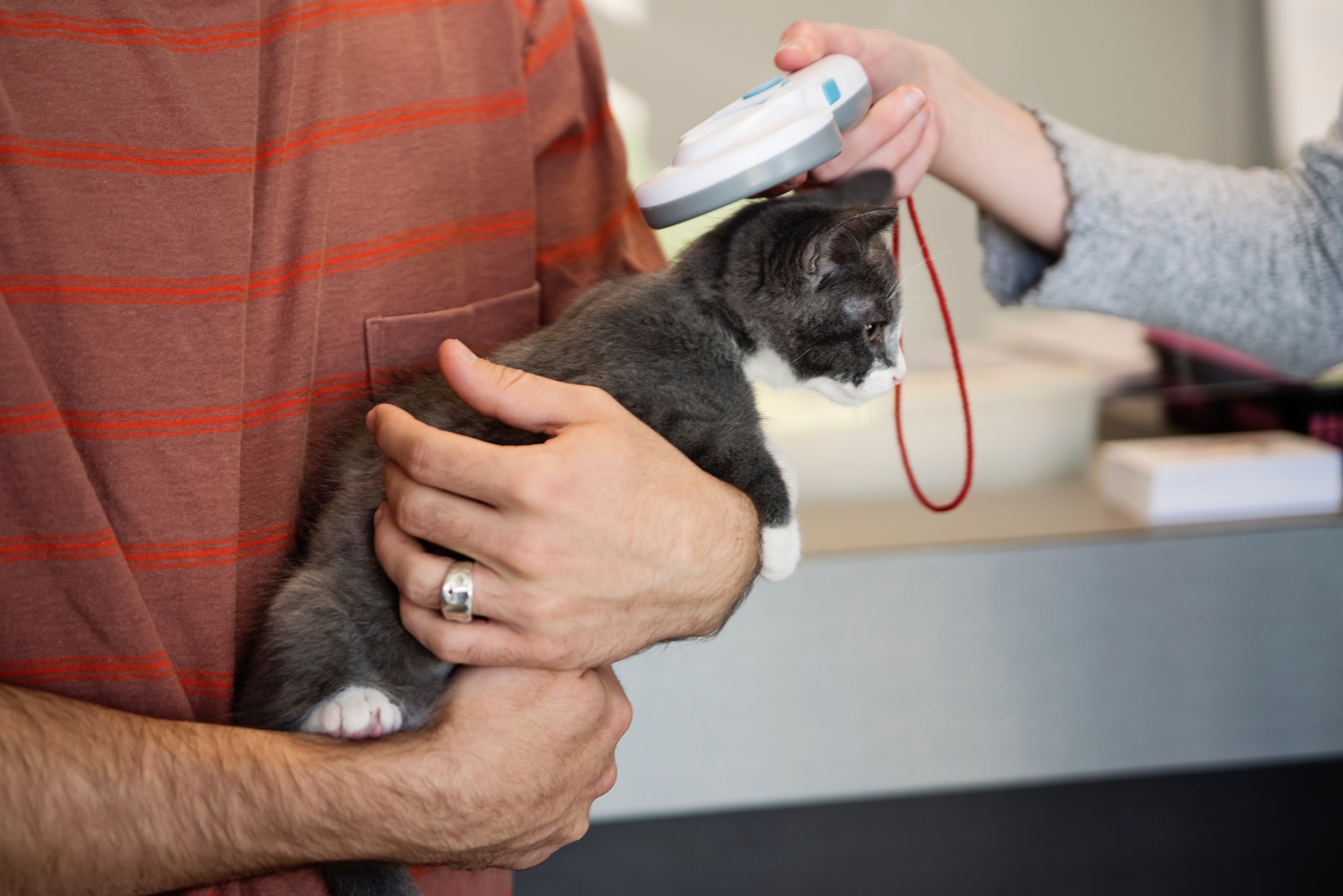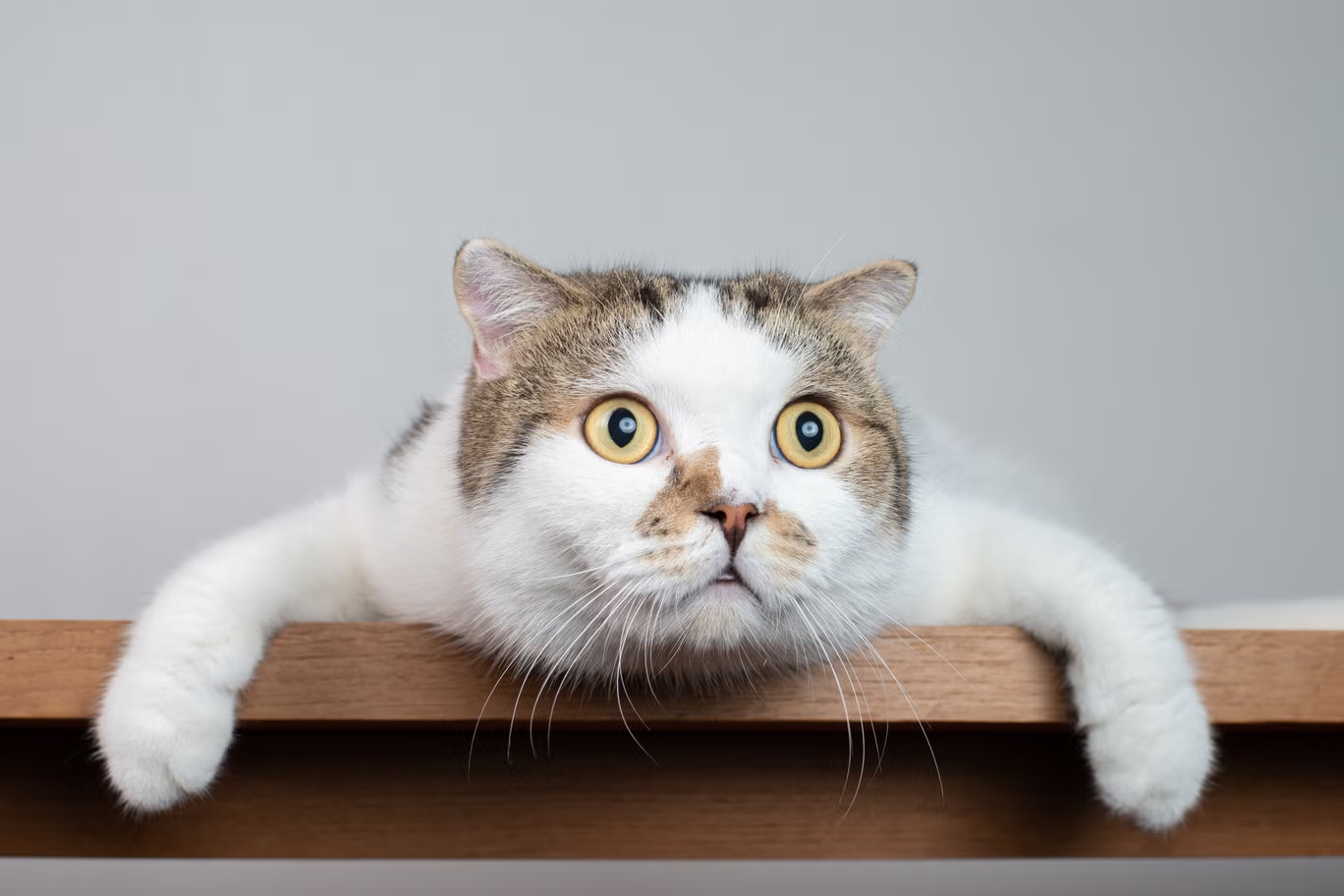Local councils will be granted the authority to seize cats from owners if rules are not adhered to

Cat owners have been urged to take action or face a £500 fine under new laws to be introduced next month.
Under the new rules, cats must must be microchipped and officially registered once they reach the age of 20 weeks.
The law will be introduced on 10 June.
Owners found not to have microchipped their cat will have 21 days to have one implanted, or may face a fine of up to £500.
Local councils will also be granted the authority to seize unchipped cats, arrange for them to be microchipped, and then return them to their owners, who will be responsible for covering the cost.
There are over 9 million pet cats in England, with as many as 2.3 million unchipped, according to government figures.
Vetinary practices, local councils and animal welfare groups face challenges returning cats when pets are not microchipped, and this relatively inexpensive procedure can prevent many missing pet cases.
The process of microchipping involves the insertion of a chip, generally around the size of a grain of rice, under the skin of a pet.

The microchip has a unique serial number that a keeper will need to register on a database.
When an animal is found, the microchip can be read with a scanner and the registered keeper identified on a database so the pet can be reunited with them.
The new microchipping rules follow a government consultation which 99 per cent of respondents expressed support for the measure.
The introduction of compulsory cat microchipping was a Conservative Party manifesto commitment and an Action Plan for Animal Welfare pledge.

At the time of the announcement, environment secretary Thérèse Coffey said: “Cats and kittens are treasured members of the family, and it can be devasting for owners when they are lost or stolen.
“Legislating for compulsory microchipping of cats will give comfort to families by increasing the likelihood that lost or stray pets can be reunited with their owners.”
Cats Protection’s Head of Advocacy, Campaigns & Government Relations, Madison Rogers, said: “Cats Protection is delighted that pet cats in England will be given the same protection as dogs when it comes to microchipping.
“The charity regularly reunites owners with their much-loved cats, and in most cases this is only possible thanks to microchips. No matter how far from home they are found, or how long they have been missing, if a cat has a microchip there is a good chance that a lost cat will be swiftly returned home.”
Chief Veterinary Officer Christine Middlemiss said: “I am pleased that we are progressing with our requirement for all cats to be microchipped.
“Microchipping is by far the most effective and quickest way of identifying lost pets. As we’ve seen with dog microchipping, those who are microchipped are more than twice as likely to be reunited with their owner.
“By getting their cat microchipped, owners can increase the likelihood that they will be reunited with their beloved pet in the event of it going missing.”



